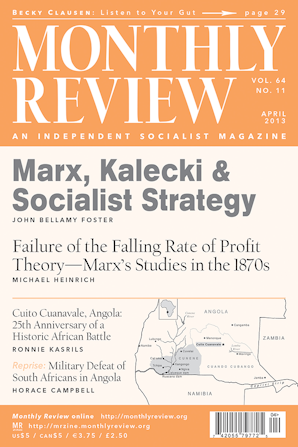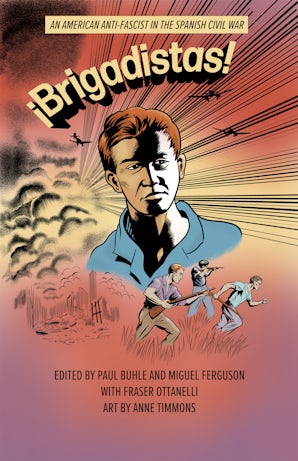Also in this issue
Books by Paul Buhle
¡Brigadistas!
by Miguel Ferguson and Fraser M. Ottanelli
Illustrated by Anne Timmons
Foreword by Paul Buhle
Taking Care of Business
by Paul Buhle
Insurgent Images
by Mike Alewitz and Paul Buhle
Foreword by Martin Sheen
Article by Paul Buhle
- Insectopolis and the Fantastic Peter Kuper
- Hubert Harrison: A Giant Remembered
- The Long Road of Tariq Ali
- Empire and Popular Arts: A Note on Roxanne Dunbar-Ortiz's "Indigenous Peoples' History of the United States"
- Ancient Marxist History
- Palestine, Oh, Palestine!
- The Left and the Class Struggle
- Two Intellectual Giants of the American Left
- The Struggle for Scotland's Future
- E.P. Thompson: A Giant Remembered



